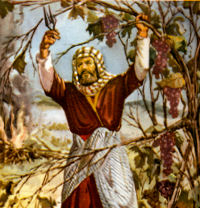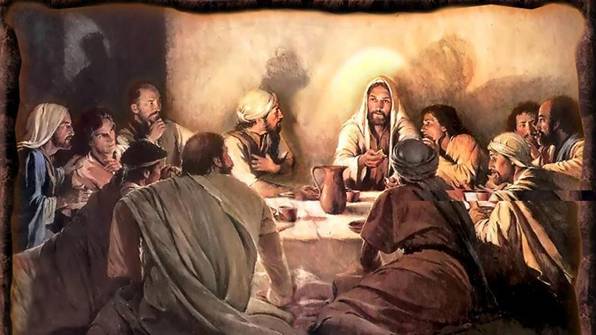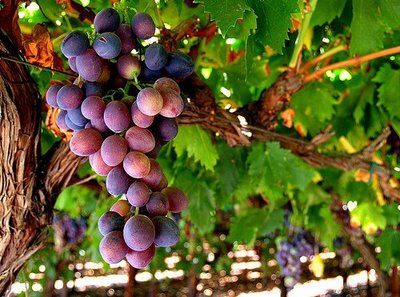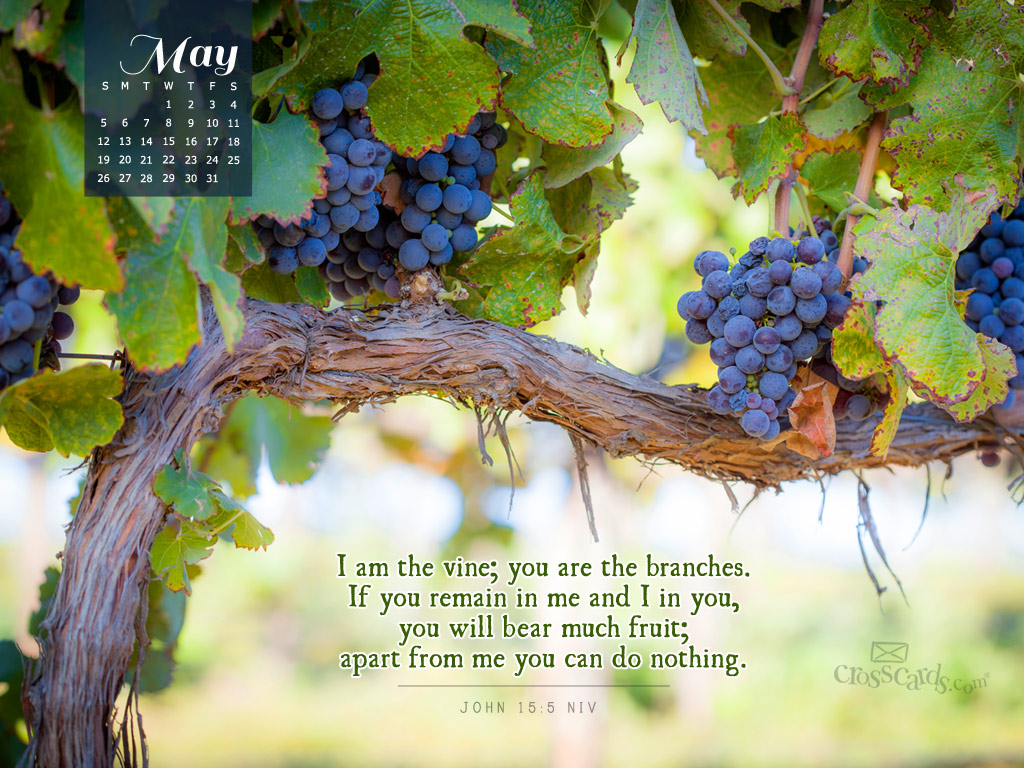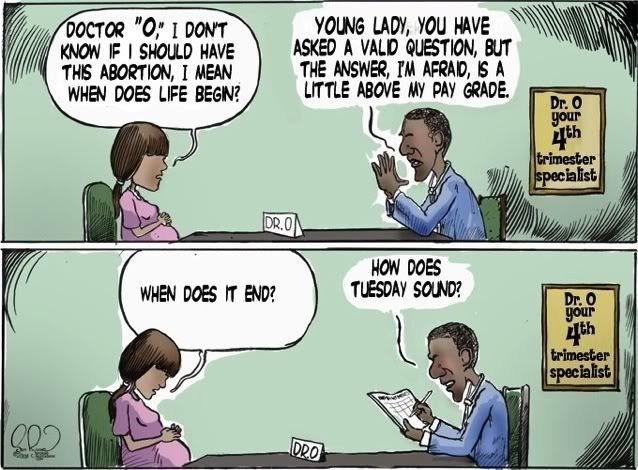Scripture Speaks: “Remain in Me”
Gayle Somers

On the eve of His death, knowing that He was about to depart from His friends, Jesus said to them: “Remain in Me, as I remain in you.” How would that be possible?
Gospel (Read Jn 15:1-8)
Our reading today comes from a section of St. John’s Gospel that is often called “the Last Supper discourse.” After He washed the disciples’ feet, Jesus spoke at length with them in a most serious manner. This was straight talk; no more parables. We should be keenly interested in every word He had to say.
He begins with a dramatic statement: “I am the true vine, and My Father is the vinegrower.” To the Jewish ears of His apostles, these words brought to life Jesus’ unique identity as both human and divine. “I am” was God’s most holy Name, uttered only once a year by Israel’s High Priest on the Day of Atonement. God’s “vine” was Israel, the beloved people He formed for Himself through promises made to Abraham (see Ps 80:8-16; Isa 5:1-7; Jer 2:21). In this statement, so brief, Jesus helps the apostles understand that something new was about to begin in Him. The “vine” of Israel had become barren, fruitless. Recall how many parables Jesus used to describe problems in a vineyard. Now, He is taking up Israel’s true calling—bearing fruit for God—and fulfilling it. At last, the “Vinegrower” will be pleased with His harvest. In addition, Jesus’ disciples will be branches on this healthy vine. The Father will remove the dead branches; He will prune the fruitful ones to bear “more fruit.” Jesus tells the apostles that one pruning has already taken place in them “because of the word I spoke to you.” The apostles had been called out of their ordinary lives and had been given the grace of hearing and seeing God’s own Truth in Jesus. Their “yes” to Him was their first pruning, in which they left everything for His sake. During the footwashing, Jesus had told them that although He washed their feet, they did not need to bathe “all over” because they were “clean already, but not all of you.” This helps us see the change that had taken place in the apostles by their association with Jesus, as well as the departure from that change chosen by Judas.
Now, He tells them to “Remain in Me, as I remain in you.” How would that happen if He left them? The communion they had enjoyed for three years would continue when Jesus sent His Holy Spirit to them on the Day of Pentecost. That was the day the apostles began baptizing converts into the life of the Spirit. Repentance, conversion, and baptism would make it possible for the followers of Jesus to have His own life in them. Jesus makes it clear that being His disciple was not simply a matter of trying to follow the example He had set in His earthly life and His teachings. That was perhaps the way it was with other great rabbis or leaders of religions in the world. No, Jesus says bluntly, “without Me, you can do nothing.” The disciples of Jesus are first changed on the inside, by the gift of being grafted into the life of Christ in baptism, as the Church teaches. Then, in the grace of our sacramental life, we are able to choose to follow His example of love. Pope Benedict describes this well:
The Fathers expressed the difference between these two aspects, as well as their mutual relationship, using the categories of sacramentum and exemplum: by sacramentum they mean, not any particular sacrament, but rather the entire mystery of Christ—His life and death—in which He draws close to us, enters us through His Spirit, and transforms us. But precisely because this sacramentum truly “cleanses” us, renewing us from within, it also unleashes a dynamic of new life. The command to do as Jesus did is no mere moral appendix to the mystery, let alone an antithesis to it. It follows from the inner dynamic of gift with which the Lord renews us and draws us into what is His. (Jesus of Nazareth: Holy Week, pg 62)
Notice the outcome of a disciple’s fruitful life: “Ask whatever you want, and it will be done for you. By this is My Father glorified, that you bear much fruit and become My disciples.” When we engage in the work Jesus left us to do—to spread the Gospel and to be perfected in love—our prayers will be answered. The answers, whenever and however they come, will show forth God’s glory. This is the unshakeable confidence we should have when we let what Jesus says sink in: “Whoever remains in Me and I in him will bear much fruit.”
What kind of fruit can we expect to bear? Listen to what the Church says:
“For all their works, prayers, and apostolic undertakings, family and married life, daily work, relaxation of mind and body, if they are accomplished in the Spirit – indeed even the hardships of life if patiently born – all these become spiritual sacrifices acceptable to God through Jesus Christ. In the celebration of the Eucharist these may most fittingly be offered to the Father along with the body of the Lord. And so, worshipping everywhere by their holy actions, the laity consecrate the world itself to God, everywhere offering worship by the holiness of their lives.” (CCC 901)
In other words, when we remain in the Vine, the whole world can be sanctified through us. What a beautiful harvest!
Possible response: Heavenly Father, I thank You that You have planted a fruitful Vine in this starving world. I offer today for Your harvest.
First Reading (Read Acts 9:26-31)
Here we have an account of Saul, the fire-breathing persecutor of Christians, after his encounter with Jesus on the road to Damascus. Just as the apostles’ lives had been changed (“pruned”) by their encounter with Jesus, Saul was a new man after his conversion. He immediately began preaching the Gospel in Damascus; later he visited Jerusalem. At first, of course, the disciples were wary of him. Was he secretly trying to infiltrate their community by pretending to be a believer? Barnabas, however, one of the leaders in the Church, “took charge of him and brought him to the apostles.” Their acceptance of him and his testimony meant that the Christians no longer feared him. Saul even took on the Hellenist Jews in debate—the very group he had himself encouraged as they stoned Stephen, the Church’s first martyr (see Acts 7:58-8:1). They wanted to kill Saul, too! Then his Christian “brothers” (now so different from their earlier terror) sent him away from danger to Tarsus, his hometown.
In this episode, Saul becomes an example of what Jesus describes in our Gospel reading; His encounter with a man is what changes him. Whereas once Saul was a “branch” without fruit in Israel, his encounter with Jesus put new life into him—Jesus’ own life. We can see that in the fact that the Hellenist Jews wanted to kill him. The life of Saul’s Master had become his own life, too.
Finally, St. Luke describes the quiet growth of the early church in “all Judea, Galilee, and Samaria.” It was “being built up” by the Holy Spirit. It was not a human organization, guided and empowered by the will of man. The life of Jesus, made present by “the consolation of the Holy Spirit,” increased its numbers. It “walked in the fear of the Lord,” just as Jesus had lived His whole life. Truly this was the fruit of which Jesus spoke in the Gospel: “By this is My Father glorified.”
Possible response: Lord Jesus, when I see the change in Saul because of You, I know there’s hope for the changes I need in my life, too.
Psalm (Read Ps 22:26-28, 30-32)
This is the psalm Jesus had in mind while He was dying on the Cross. How do we know? Read its first line (not included in today’s reading): “My God, My God, why have You forsaken Me?” This was Jesus’ cry of agony when He shouldered the sin of all human history to make atonement for us. Why was He thinking of this particular psalm?
The answer is in our responsorial: “I will praise You, Lord, in the assembly of Your people.” The psalm, although it begins in desolation and includes a graphic foretelling of the gruesome details of the Crucifixion, ends in great hope. The Sufferer foresees life beyond the dreadful experience he is undergoing. He sees a time of rejoicing among God’s people, a time when “all the families of the nations shall bow down before Him.” Here, then, is a foreshadowing of the Church that will arise in Jesus as a result of His victory over sin and death in the Resurrection. The Sufferer promises to “fulfill My vows before those who fear the Lord”—a reference to Jesus’ frequent teaching that He would suffer, die, and rise again on the third day. When that happens, “the lowly [or “humble”] shall eat their fill”—a veiled reference, perhaps, to the Eucharistic banquet Jesus promised to those who believe in Him.
Jesus pondered this psalm as He died because it embraced both His suffering and His glory. He wanted to press on to the realization of what the psalm envisions. He could perhaps “see” in it the proclamation of His Gospel by the apostles, by Saul (St. Paul), and by His disciples in our own day: “Let the coming generation be told of the Lord that they may proclaim to a people yet to be born the justice He has shown.” If this is what Jesus “saw” in the psalm, He died in peace.
Possible response: The psalm is, itself, a response to our other readings. Read it again prayerfully to make it your own.
Second Reading (Read 1 Jn 3:18-24)
This is actually a difficult passage to interpret definitively. Space does not permit us to go beyond seeing how St. John takes up in his epistle the teaching from Jesus he and the other apostles received at the Last Supper: those who desire to “remain” in Jesus, the True Vine, must believe in the Name of God’s Son, Jesus Christ, and love one another. The emphasis here is on keeping Jesus’ commandments in order to remain in Him. This we do not in our own strength; our obedience comes “from the Spirit He gave us.” We are not Christians “in word or speech but in deed and truth.” Our union with Jesus (i.e., our sacramental life) is what gives us “confidence in God,” even if our emotions (“our hearts”) make us feel uncertain before Him, “for God is greater than our hearts and knows everything.” St. John repeats Jesus’ promise: we “receive from [God] whatever we ask” when we fulfill the work Jesus gave us to do (“ we keep His commandments and do what pleases Him”). This makes us the fruitful vineyard, whose harvest glorifies God and blesses the whole of creation.
St. John assures us—it is just as Jesus said it would be.
Possible response: Heavenly Father, I know that when I ask You to help me do the work of love for others, I will receive what I need. Help me aim for love always.


